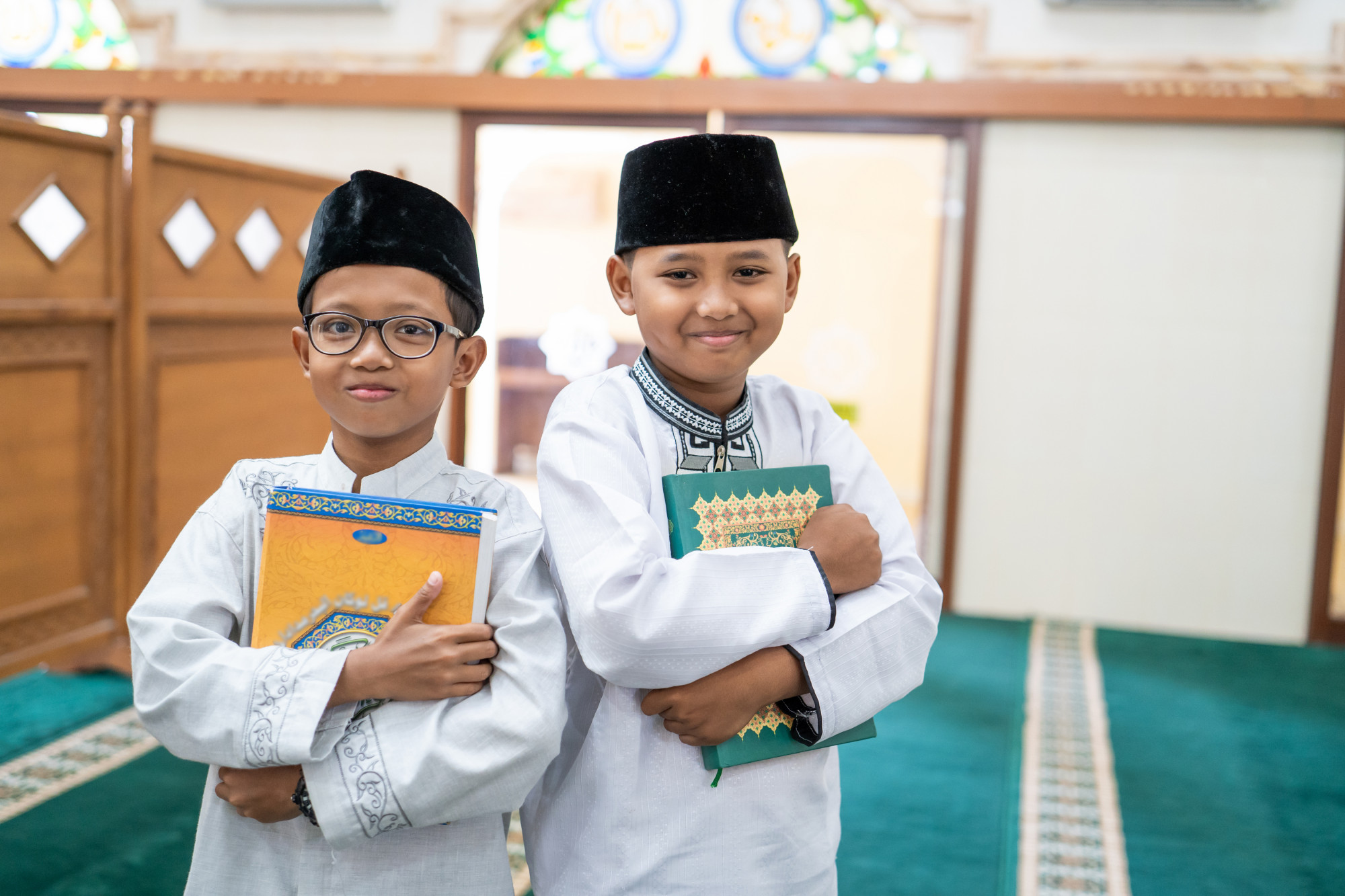The Role of Technology in Accelerating Arabic Language Acquisition
In the dynamic landscape of language acquisition, technology has emerged as a powerful catalyst, transforming the way individuals learn and master new languages. This essay explores the pivotal role of technology in accelerating the acquisition of the Arabic language, emphasizing the impact of online resources, digital lessons, and virtual tutoring in creating immersive and effective learning experiences.
Technological Advancements in Arabic Learning:
-
Online Arabic Platforms: The advent of online Arabic learning platforms has revolutionized language education. Learners now have access to a myriad of resources, including online courses, digital lessons, and web-based programs that cater to various proficiency levels. These platforms offer the flexibility of self-paced learning, allowing individuals to tailor their language acquisition journey to their unique needs and schedules.
-
Virtual Tutoring and Remote Learning: Virtual tutoring has become an integral component of Arabic language education. Through remote learning, learners can connect with experienced tutors regardless of geographical constraints. This one-on-one interaction provides personalized guidance, immediate feedback, and real-time language practice, enhancing the effectiveness of the learning process.
-
E-Learning Arabic Programs: E-learning Arabic programs combine the advantages of digital education with a structured curriculum. These programs often include interactive elements, multimedia resources, and engaging exercises to make the learning experience dynamic and comprehensive. Learners can benefit from a variety of digital tools that cater to different language skills, including reading, writing, listening, and speaking.
-
Internet Seminars and Web Workshops: Internet seminars and web workshops offer opportunities for learners to engage in live sessions, discussions, and collaborative activities. These events contribute to a sense of community among Arabic language enthusiasts, fostering a supportive and interactive learning environment. Webinars featuring expert speakers and language professionals provide valuable insights and perspectives on Arabic language and culture.
Practical Applications of Technology in Arabic Language Learning:
-
Digital Instruction for Language Proficiency: Technology facilitates digital instruction that goes beyond conventional teaching methods. Learners can engage with digital lessons, interactive exercises, and multimedia resources to enhance their language proficiency. The integration of technology ensures a dynamic and engaging learning experience, catering to different learning styles.
-
Web-based Courses for Flexibility: The flexibility offered by web-based courses allows learners to access Arabic language materials anytime and anywhere. This flexibility is especially beneficial for individuals with busy schedules or those who may not have access to traditional classroom settings. Web classes provide a convenient and adaptable approach to language learning.
-
Digital Workshops and Collaborative Learning: Digital workshops and collaborative learning activities foster a sense of community and shared learning experiences. Learners can collaborate on projects, engage in group activities, and participate in online discussions. This collaborative approach not only accelerates language acquisition but also enriches the overall learning journey.
Conclusion:
The role of technology in accelerating Arabic language acquisition is evident in the transformative impact it has on the accessibility, flexibility, and effectiveness of language education. Online Arabic resources, digital lessons, and virtual tutoring empower learners to navigate the intricacies of the Arabic language, fostering a deeper appreciation for its cultural and linguistic nuances. As technology continues to advance, its integration into Arabic language learning will play a crucial role in shaping the future of language education, making the acquisition of this rich and diverse language more accessible and engaging for learners worldwide.





